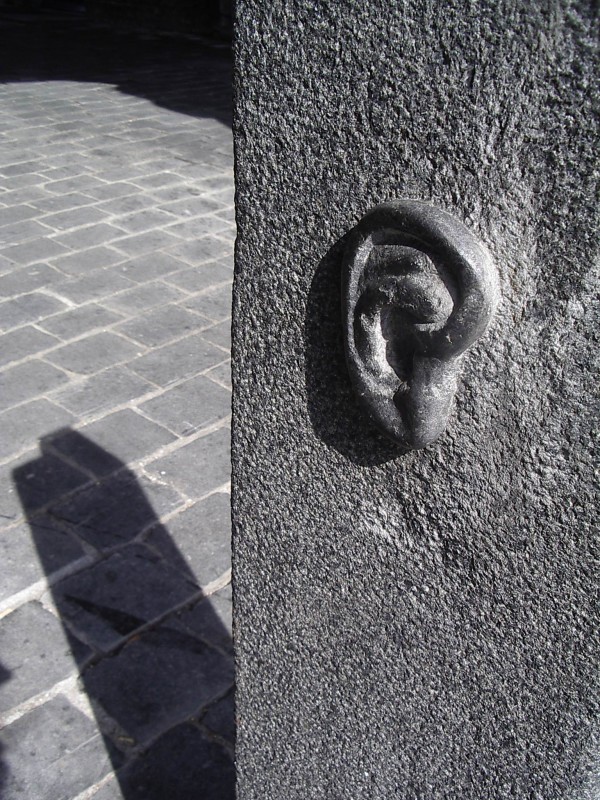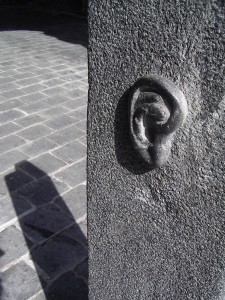HealthCetera Radio: New Name, Same Solid Health Reporting
The radio show formerly known as Healthstyles is now HealthCetera. Consistently delivering our listeners solid health reporting.
Barbara Glickstein hosts today’s program, Thursday, September 17, 2015 1:00 PM – 2:00 PM. She ushers in our new name, HealthCetera.
Elder abuse is an oft-hidden but very real problem for older adults. It is estimated that nearly one in ten older New Yorkers are victims of physical, verbal, emotional, or financial abuse or neglect. In reality, that number is likely much higher – a recent study by New York State found a dramatic gap between the number of events reported and the number of cases actually making their way through the legal system.
Project LEAP, is an elder abuse prevention and intervention project from JASA – Jewish Association Serving the Aging. It’s making a difference by pairing specially trained attorneys and social workers to identify, eliminate, and prevent elder abuse. Is it working? Healthstyles co-producer Liz Seegert sat down with one of the program’s attorney-social work teams to find out.
Podcast: Play in new window | Download
This segment was produced by Liz Seegert. Liz interviews Donna Dougherty, a JASA attorney for legal services for the elderly in Queens, and Martha Pollack, Manhattan District Director of JASA. To find out more about the LEAP Project and elder abuse and other senior services in your community, call JASA at 212.273.5272 or email them at help@jasa.org. You can also visit their website at www.jasa.org.
Global nurse leaders innovating with new technologies are having an impact in managing conditions, saving lives and reducing health care costs. The second segment of today’s show is a rebroadcast of my interview with Suellen Miller,PhD, RN, CNM, MHA, who is a nurse midwife, researcher and innovator. Dr. Miller is Director of the Safe Motherhood Program at the Bixby Center for Global Reproductive Health, and Professor, Department of Obstetrics, Gynecology and Reproductive Sciences at University of California San Francisco. Hear how she adapted a piece of ambulance equipment into a useful tool for women dying of childbirth-related hemorrhage in developing countries. The Lifewrap is a low-cost, low-technology, first-aid device to treat postpartum hemorrhaging, and saves women’s lives in remote towns and villages globally.
HealthCetera can be heard on WBAI Pacifica Radio 99.5 FM every Thursday, and streamed online at www.wbai.org.
The radio show formerly known as Healthstyles







